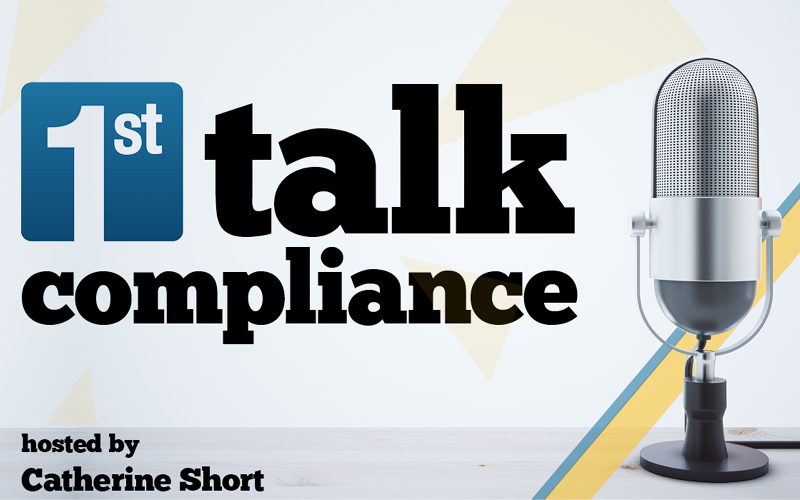OSHA’s Small Entity Compliance Guide for Employers that Use Hazardous Chemicals
Since the initiation of the Hazard Communication Standard (HCS), acute illness and injuries due to chemical exposures have decreased by over 40%. This improvement in workplace safety is directly related to the workers’ right to know and also their right to understand.
Most of the major revisions in HazCom2012 apply to chemical manufacturers, importers and distributers. However, those employers who are end-users of potentially hazardous chemicals must have a written Hazard Communication Program, ensure proper labeling and maintenance of updated SDS and provide education and training for employees on health and physical hazards, SDS, labeling, methods of protection and procedures for exposure. An employee’s pre-existing medical conditions may also be a significant factor if an exposure occurs. Potential Workmans’ Compensation claims may be reduced or avoided if the employees are aware of the risks of exposure and preventive measures. As an additional benefit of the transmission of the detailed hazardous chemical information, many employers have opted for less hazardous chemical alternatives.
OSHA recently published a Small Entity Compliance Guide for Employers that Use Hazardous Chemicals. This outlines the steps for implementing a Hazard Communication Program:
1. Learn the Standard/Identity Responsible Staff
2. Prepare and Implement a Written Communication Program
3. Ensure Containers are Labeled
4. Maintain Safety Data Sheets
5. Inform and Train Employees (GHS training deadline on new label and SDS formats 12/2013)
6. Evaluate and Reassess Your Program
No employee retraining on HazCom2012 is required unless new hazardous chemicals are introduced into the workplace. Although not necessary, repeat training and periodic reinforcement is always helpful.
A free on-site consultation for small and medium sized businesses can help a practice evaluate their OSHA compliance without concern for citations or penalties. Following this consultation, employers may also be eligible for status in the OSHA Safety and Health Achievement Recognition Program (SHARP).





